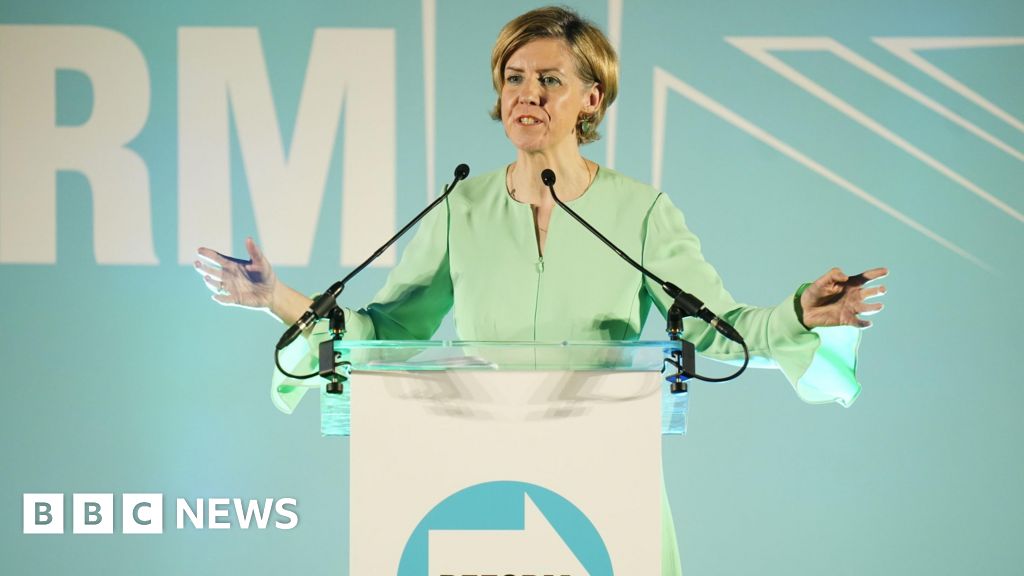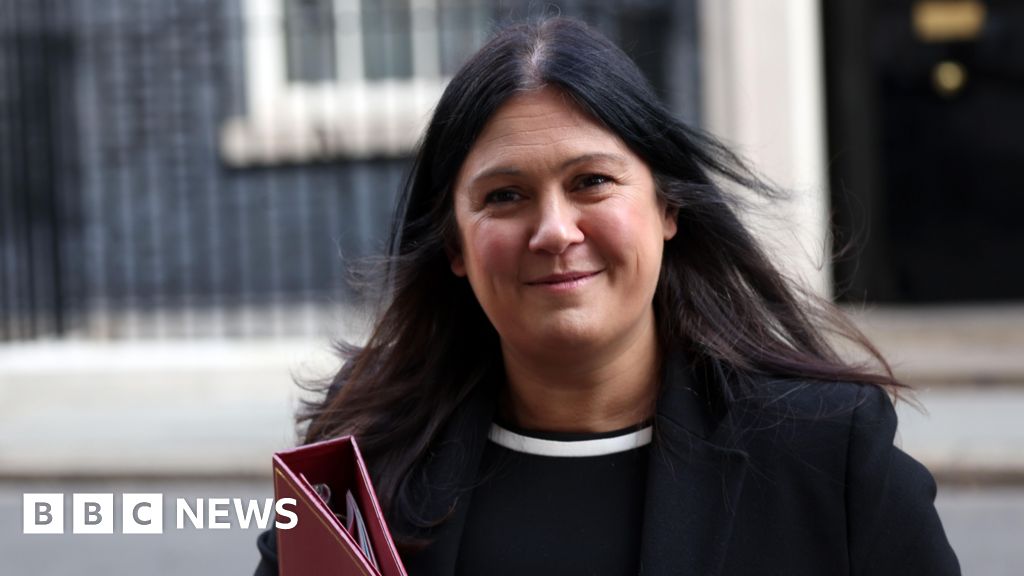ARTICLE AD BOX
Watch: Chancellor defends the impact of his Autumn Statement on "squeezed middle"
By Becky Morton
BBC political reporter
Chancellor Jeremy Hunt has defended his economic package as "balanced", after a think tank said it piled more pressure on "squeezed" middle earners.
The Resolution Foundation said freezing tax thresholds hit those on middle incomes as well as the richest.
But Mr Hunt said it was not possible to raise £25bn of taxes by focusing on a very small group of rich people.
The government's independent forecaster, the Office for Budget Responsibility, said household income would fall by 7% over the next 18 months.
It also said the tax burden would rise to its highest level since the end of World War Two as a result of the chancellor's decisions.
Mr Hunt told BBC Radio 4's Today the plan set out in his Autumn Statement asked "people who have more to contribute more".
"We want to take these difficult decisions in a fair way," he said, adding that the most vulnerable people and public services would be protected.
The Resolution Foundation said increasing benefits in line with inflation would make a "huge difference" to those on low-to-middle incomes.
However, it said making energy support less generous from April would mean households were "far more exposed" to rising bills.
It said the focus on "stealth taxes" - freezing tax thresholds to raise revenue - meant those on middle incomes were being squeezed as well as higher earners.
Threshold freezes mean that a pay rise is more likely to drag someone into a higher tax threshold.
In the next two years, before the next general election is due, there will be further support for households and extra money for schools, the NHS and social care in England.
But after 2025 spending cuts are set to kick in for many departments.
Mr Hunt denied he had put off difficult decisions, arguing that during a recession it was important to support the economy.
Among the key measures in his statement were:
- Tax thresholds will be frozen until April 2028, meaning millions will pay more tax
- Spending on public services in England will rise more slowly than planned - with some departments facing cuts after the next election
- The state pensions triple lock will be kept, meaning pensioners will see a 10.1% rise in weekly payments, in line with inflation
- The household energy price cap has been extended for one year beyond April but made less generous, with typical bills capped at £3,000 a year instead of £2,500
- There will be additional cost-of-living payments for the "most vulnerable", with £900 for those on benefits, and £300 for pensioners
- The top 45% additional rate of income tax will be paid on earnings over £125,140, instead of £150,000
- UK minimum wage for people over 23 to increase from £9.50 to £10.42 an hour, with the rates also increasing for younger age groups
- The windfall tax on oil and gas firms will increase from 25% to 35%, raising £55bn from this year until 2028

 2 years ago
33
2 years ago
33








 English (US) ·
English (US) ·